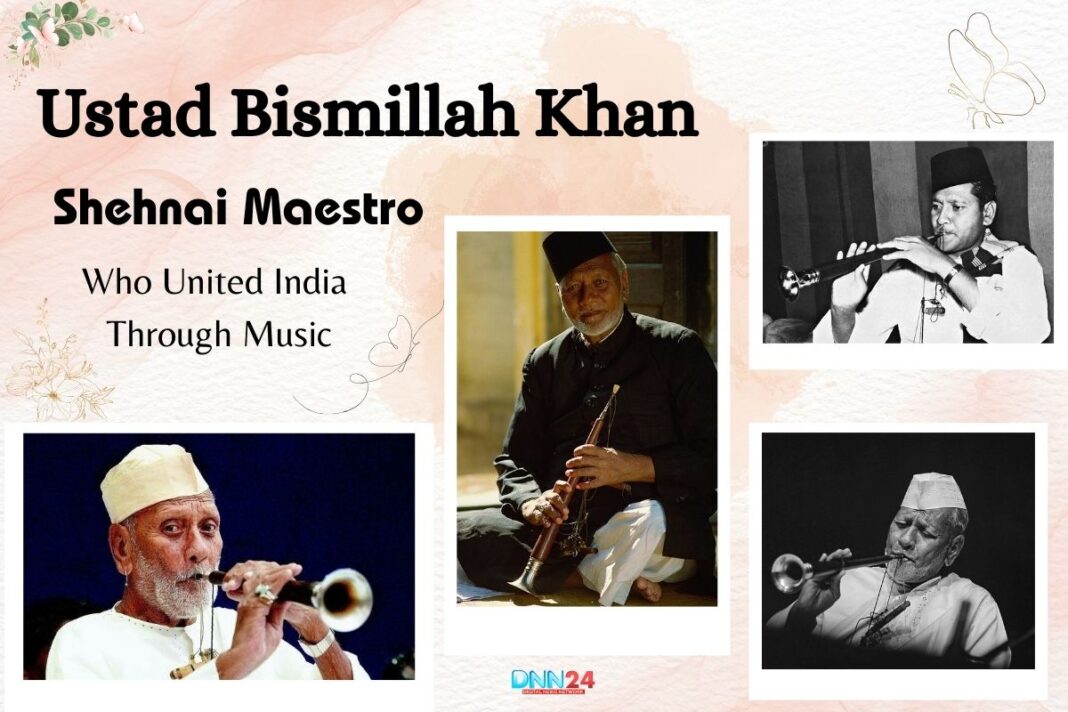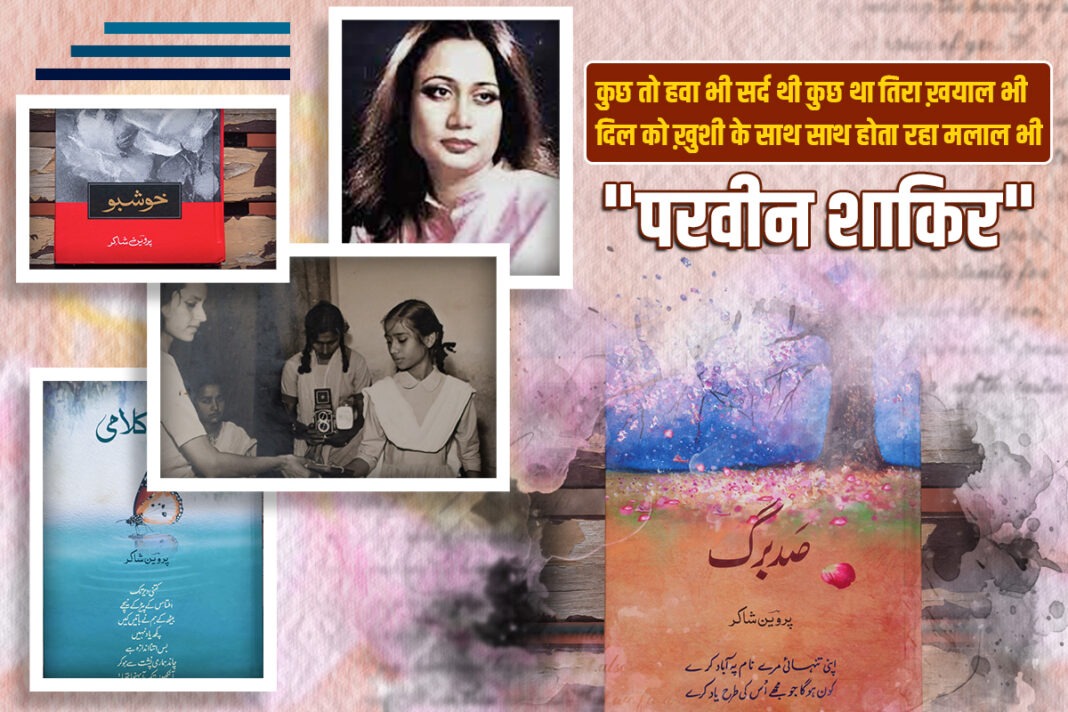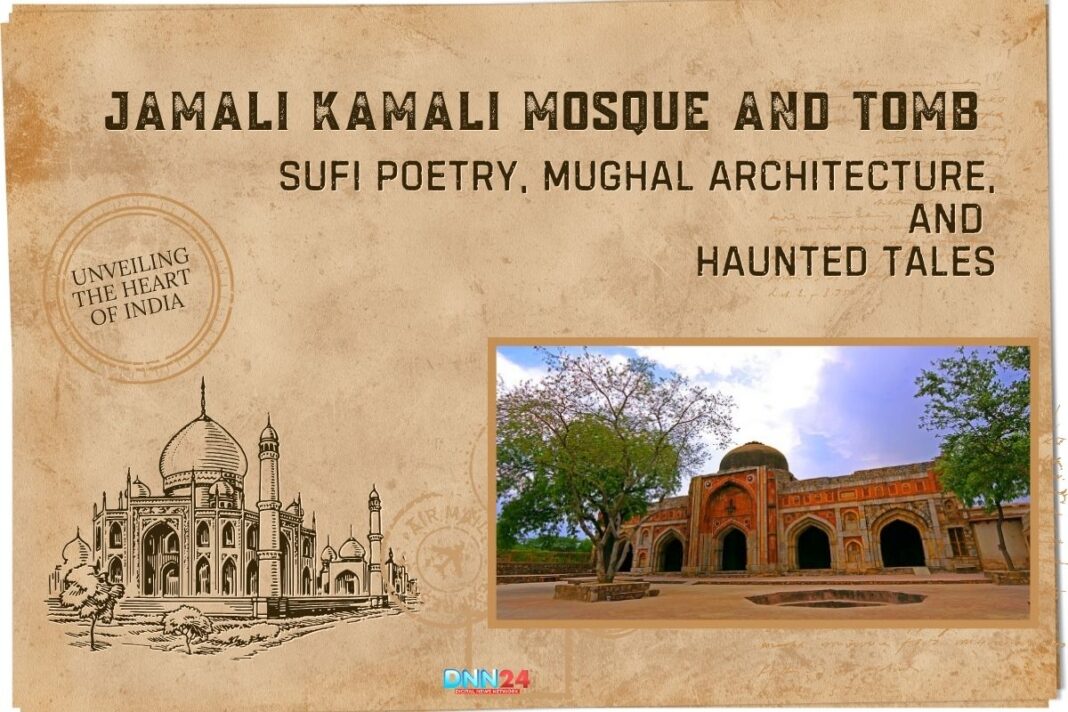Ustad Bismillah Khan, the legendary shehnai maestro, transformed a simple folk instrument into India’s voice of unity, blending devotion, struggle, and music into timeless harmony. In the quiet town of Dumraon in Bihar, on 21 March 1916, a child was born who would one day make the whole world fall in love with the shehnai.
His birth name was Qamruddin, but destiny blessed him with another—Bismillah Khan. His father, Paigambar Bux Khan, played shehnai in the court of the Maharaja of Dumraon. Their family lived with dignity but not without struggle. Money was scarce, and hunger often knocked at their doors, but music was their constant companion. From morning azaan to evening folk songs, every sound around little Bismillah became part of his memory.
It is said that when his grandfather first saw the child, he whispered, “Bismillah,” as a blessing. The name stayed with him forever. At the age of six, Bismillah was sent to Varanasi to learn under his maternal uncle, Ali Bux Vilayatu Khan, the official shehnai player at the sacred Kashi Vishwanath Temple. The city of Banaras, with its crowded lanes, ringing temple bells, and flowing Ganga, became his true classroom. Every morning, he would sit by the ghats and practice endlessly, letting the breeze and river inspire him.
Bismillah Khan’s music was not only technical brilliance; it carried the fragrance of Banaras and the soul of the Ganga. He was a Muslim boy, yet he grew up playing in Hindu temples, proving that music knows no religion. Later in life, his shehnai became the voice of Indian unity. On 15 August 1947, when he played from the Red Fort during India’s first Independence Day, his notes echoed as a symbol of harmony, peace, and freedom for millions across the nation.
Ustad Bismillah Khan: Love, Longing, and the Ganga’s Blessing
For Bismillah Khan, music was not just practice; it was passion, devotion, and at times, longing. His younger days in Banaras were filled with hours of riyaz, but also with curiosity about the world around him. The practice path of the temple ran through Daalmandi, a famous neighbourhood where legendary singers like Rasoolan Bai performed. Young Bismillah would often pause there, listening to their soulful voices, his heart learning lessons that no classroom could teach. These stolen moments of listening shaped his music, filling his shehnai with touches of longing and tenderness.
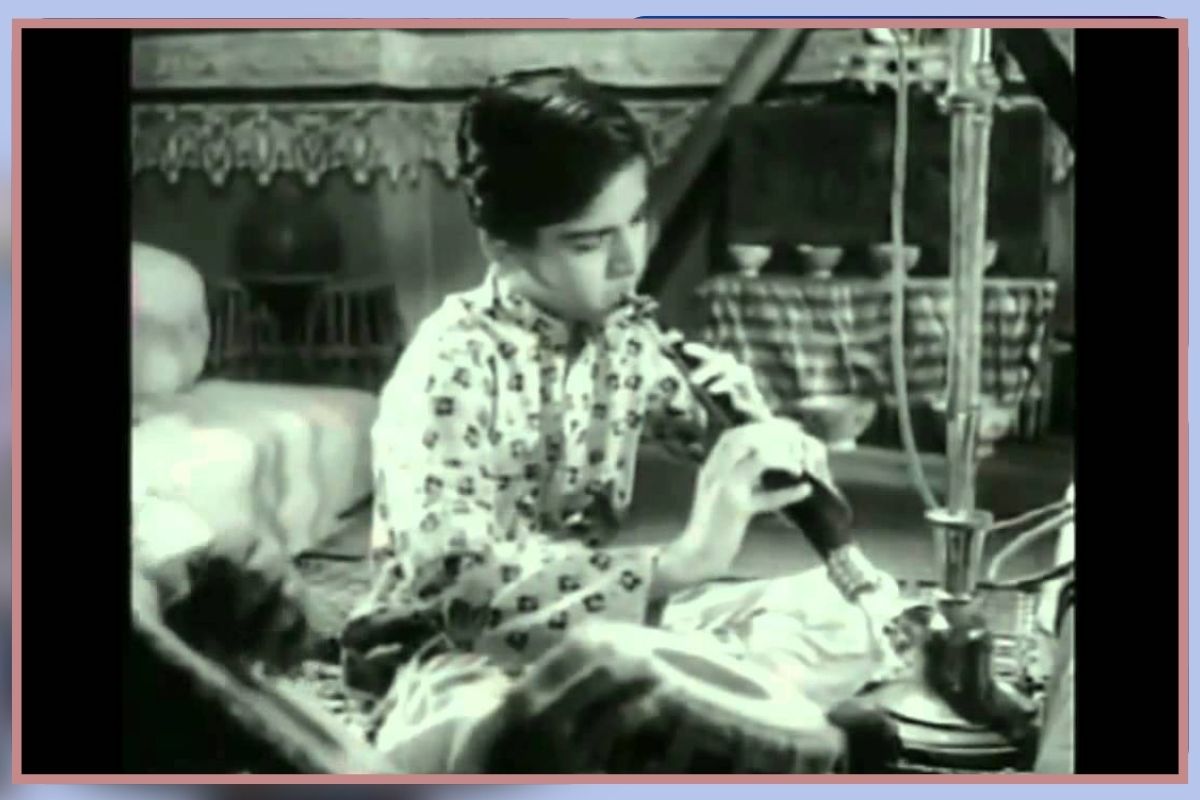
But the Ganga remained his eternal inspiration. He believed that the river taught him the secrets of sound. The ripples of water, the chants of priests, the buzzing of the city—all blended into his imagination. From this magic came new ragas, some never before heard on the shehnai. People said his music could bring rain, heal sorrow, or make hearts dance with joy. His performances were not just concerts; they were experiences where divine and human emotions met.
Bismillah Khan also had another kind of love—one that remained hidden in stories and whispers. It is said that he had innocent crushes during his youth in Banaras, often sneaking away to hear music in Daalmandi. Yet he always returned to his shehnai, for it was his first and greatest love. In time, he created ragas so unique that even classical purists had to bow down in respect. Through devotion, longing, and the blessing of the Ganga, his music became eternal.
Ustad Bismillah Khan: Struggles in the Shadows of Greatness
Behind the glow of fame, there was a long path of struggle. Bismillah Khan was born into a family of traditional musicians, but society did not always value such artists. For most people, the shehnai was an instrument for weddings, temples, and processions—not for respected concert stages. He often played at small events for little money, sometimes going hungry, but he never put down his instrument.
His training under his uncle was strict. Praise was rare; practice was endless. But these hardships only sharpened his skill. Slowly, his talent began to shine, though recognition was hard to come by. Many in the classical music world looked down upon the shehnai. It was not seen as capable of handling complex ragas. Yet Bismillah Khan was determined to prove them wrong.
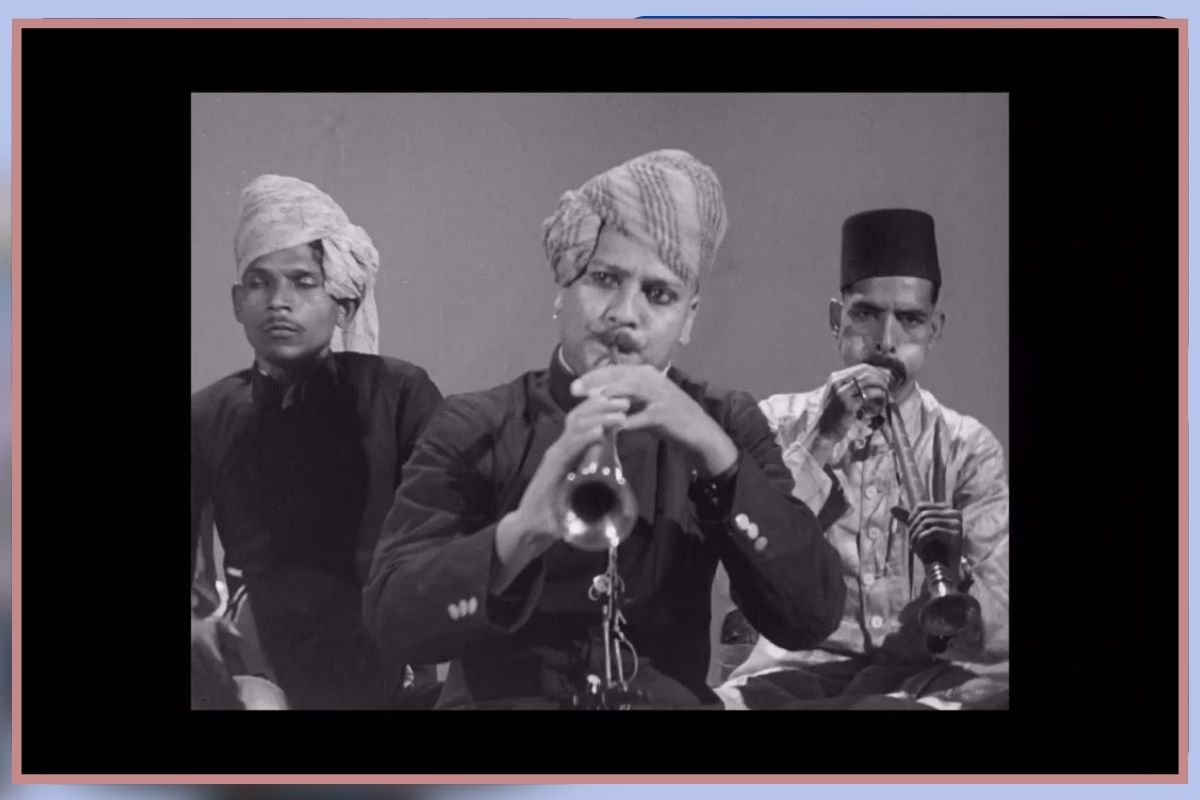
His breakthrough came in 1937 at the All India Music Conference in Calcutta. When he performed, the audience was stunned. The shehnai, once thought of as just a folk instrument, suddenly sang with the depth and beauty of the greatest classical forms. It was a historic moment that changed not only his life but also the future of the shehnai itself. From then on, he was invited to perform across India and the world.
Still, fame did not erase the struggles. Even when he became a household name, he lived, often facing financial troubles. But his humility and sincerity won over millions. He showed that greatness is not about wealth or comfort, but about devotion and endurance.
Untold Stories: Simplicity and Sacrifice
With fame and awards, Bismillah Khan could have chosen a life of luxury. Yet he remained the same humble man from Banaras. He disliked five-star hotels and preferred simple meals cooked at home. Foreign governments invited him to settle abroad with great offers, but he refused. His answer was simple: “Can you bring the Ganga here?” This one sentence showed his undying bond with his roots.
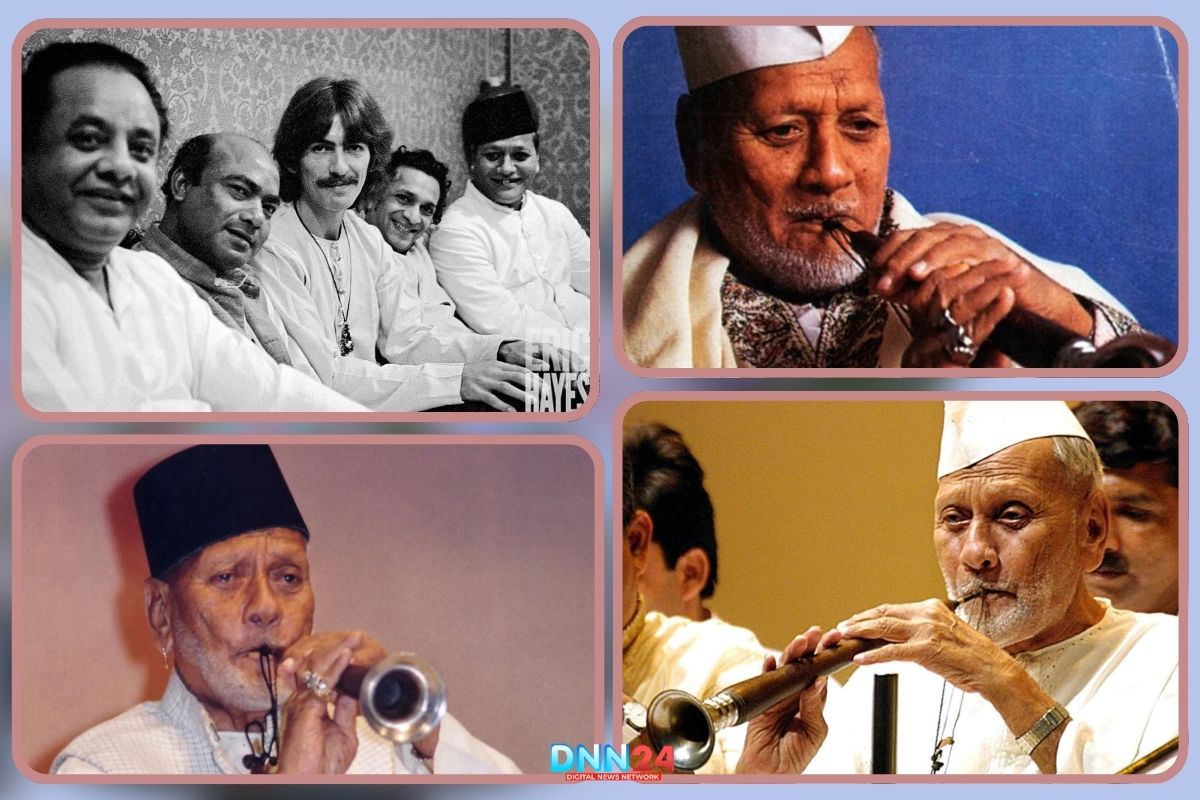
Even after playing on the grandest stages—from the Red Fort to international expos—he always returned to the narrow lanes of Varanasi. There, he was happiest playing in temples or at local ceremonies. To him, music was not a performance but an offering to God. He often said, “Ganga maiya and Saraswati Mata bless me.” His awards, including Bharat Ratna and multiple Padma honours, were respected by him, but he never displayed them with pride. For him, every day spent with the shehnai was a greater honour than any medal.
But behind this simplicity, there were hidden struggles. Despite his fame, financial insecurity never fully left him. In his later years, he sometimes wrote to ministers for support. His large family also faced economic troubles after his death, with heartbreaking stories of his shehnais being sold for survival. These struggles remind us that even national icons can be neglected.
Yet, Bismillah Khan never allowed bitterness to enter his heart. He believed his shehnai was his true wealth. His life became an example of sacrifice, showing the world that purity of heart and dedication to art can outshine any worldly success.
Ustad Bismillah Khan’s Legacy: Music as the Bridge of Humanity
Bismillah Khan’s greatest gift was not only his music but the values it carried. A devout Muslim, he spent his life playing in Hindu temples, proving that art has no religion. His shehnai became the sound of togetherness, teaching people to respect every faith. Each year on Independence Day, when his recital played on Doordarshan, families across India felt united. His notes carried the spirit of India itself—diverse yet harmonious.
He showed the world that true devotion to art creates unity. His performances of both Hindu bhajans and Islamic devotional pieces were filled with equal love. He treated music as prayer, as a direct connection with the divine. His life was a message that peace, tolerance, and respect are the real essence of culture.
Ustad Bismillah Khan won numerous prestigious awards throughout his life, including:
- Bharat Ratna (2001), India’s highest civilian award
- Padma Vibhushan (1980), India’s second-highest civilian honor
- Padma Bhushan (1968)
- Padma Shri (1961)
- Sangeet Natak Akademi Award (1956), India’s highest honor for performing artists
- Sangeet Natak Akademi Fellowship (1994), the academy’s highest recognition
- Tansen Award by the Madhya Pradesh government
- Tahar Mausique Award from the Republic of Iran (1992)
- T. Choudayya National Award from Karnataka (1995)
- Swathi Sangeetha Puraskaram from Kerala (1998)
- Honorary Doctorates from Banaras Hindu University and Visva Bharati University
He also received three medals in the All India Music Conference (1937) and various other recognitions for his contributions to Indian classical music.
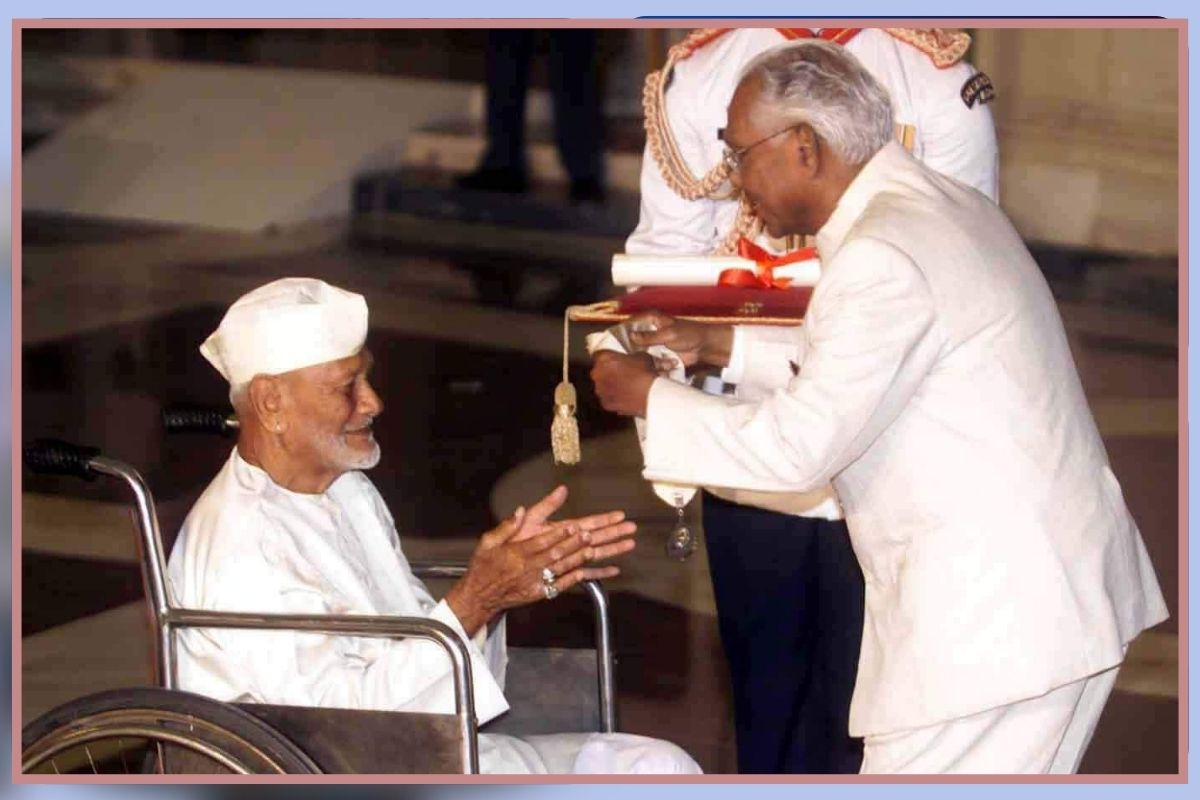
Even in his last days, he worried about the future of the shehnai and the purity of the Ganga. He feared that the younger generation might forget the depth of tradition. But his legacy remains alive. Every time a shehnai plays at a wedding, every time a raga echoes by the Ganga, his spirit lives on.
Ustad Bismillah Khan passed away in 2006, but he remains immortal in sound and memory. His journey from Dumraon to the world stage proves that struggles cannot silence talent, and simplicity can be greater than fame. Above all, he taught us that music can be the bridge of humanity, bringing people together in love, peace, and harmony. Truly, his life was a symphony of struggles and surprises, and his shehnai will forever sing the soul of India.
Also Read: Jan Nisar Akhtar: The Poet of Love, Revolution and Emotions
You can connect with DNN24 on Facebook, Twitter, and Instagram and subscribe to our YouTube channel.

